Since I was unable to meet with Jenn this week I am instead listing the questions I plan on asking her in my interview. Jenn has always been a role model for me ever since I first toured Dickinson College. Without the opportunities and support that I have been presented with from working under Jenn, I would not be where I am today. She inspires me to achieve my career goals of running my own farm and I want to learn more about her story and what it takes for a woman to to be a successful business owner in the 21st century.
When did you first know you wanted to be a farmer? What (event, person, place) inspired this decision?
Describe your career path. Have there been any unexpected turns that have led you to where you are today?
What is the most challenging part of running an organic farm? Is it more challenging to run an organic farm in the midst of so much conventional farming and if so how has this impacted your business so far? How has being a woman affected your experience of directing a farm?
What drives your work? Is there something that motivates you to work so hard and dedicate yourself so completely to this buisness?
What advice would you give to a young person who wants to pursue farming as a career? Is this something you wish you’d known when you were first beginning your career?
What has been the most surprising part of your journey?
Below are some pictures that I have taken over the years since I began working for Jenn at the farm in 2017. These pictures demonstrate the tremendous amount of growth that has taken place on this plot of land and the hard work and dedication that Jenn and her husband Matt have put forth to make this farm what it is today.
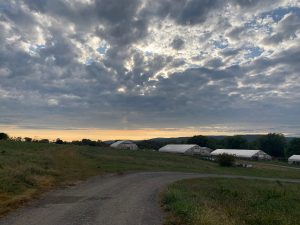
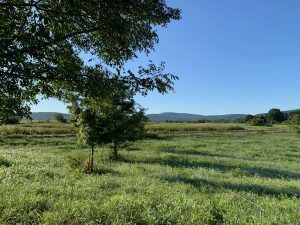
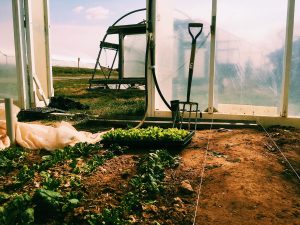
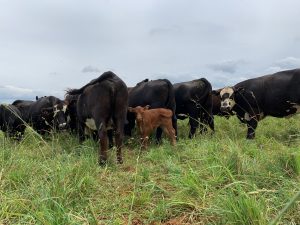
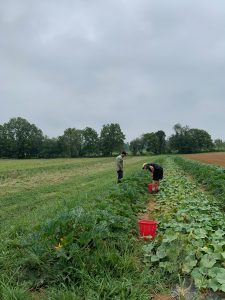
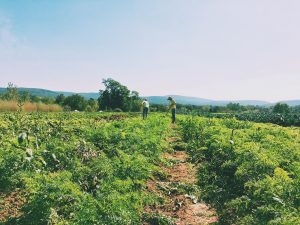
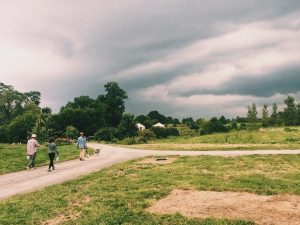






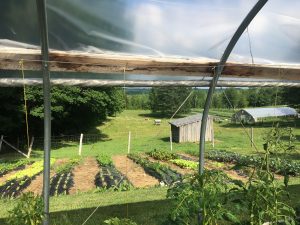

















Recent Comments